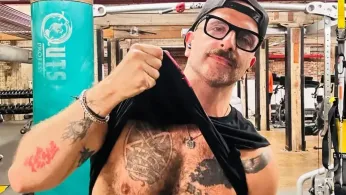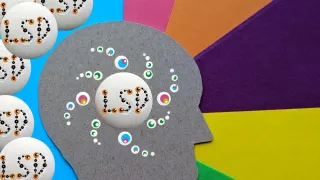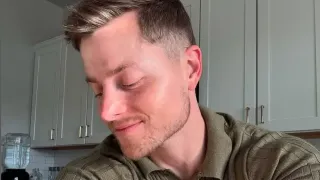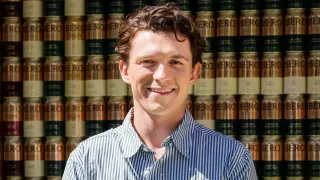
Sep 3
Sen. Rand Paul Makes Homophobic Comments About CDC’s Dr. Demetre Daskalakis
READ TIME: 3 MIN.
The Centers for Disease Control and Prevention (CDC) was rocked last week by the high-profile resignation of Dr. Demetre Daskalakis, director of the National Center for Immunization and Respiratory Diseases, alongside the departure of three other senior officials. Their resignations came in protest after the firing of CDC Director Susan Monarez by the Trump administration and Health and Human Services (HHS) Secretary Robert F. Kennedy Jr. . Public health experts have characterized these events as a “brain drain” and a warning sign that political ideology is overtaking science at the nation’s premier disease prevention agency .
In his resignation letter, Dr. Daskalakis denounced what he described as the “weaponizing of public health” by the current administration, specifically calling out Secretary Kennedy’s leadership for undermining evidence-based policy and putting millions of lives at risk . Daskalakis explained, “As a physician, I take the Hippocratic oath: first, do no harm. I am seeing ideology permeating science in a way that is going to harm children and adults… I think we are seeing things that are happening that are making our country less prepared to be able to respond to the everyday pathogens …but also … to the next big thing” .
Amid the fallout, U.S. Sen. Rand Paul, a Republican from Kentucky, drew condemnation from LGBTQ+ organizations and public health advocates after making statements to The Hill questioning Daskalakis’s fitness for public service. Paul asserted that Dr. Daskalakis is “unfit to be in government because of his ‘lifestyle,’” referencing the physician’s open identity as a gay man and his history of posing in leather attire and displaying tattoos in public photographs.
Paul said, “A guy that is so far … out of the mainstream, I think most people in America would discount his opinion because of the things he said in the past. He does not represent the mainstream of anything in America”
These remarks have not been corroborated by major news organizations or official congressional records as of press time, and LGBTQ+ advocates have called on Senator Paul to clarify or retract his statements.
Dr. Daskalakis has long been a prominent public health leader and advocate for LGBTQ+ health equity. His work has focused on combating HIV and other infectious diseases, with a commitment to reaching marginalized populations and integrating LGBTQ+ visibility and inclusion into public health policy . As both an openly gay man and a high-ranking government official, Daskalakis has publicly championed the importance of diverse representation at all levels of leadership.
His resignation, along with those of Chief Medical Officer Deb Houry, Daniel Jernigan, and Jennifer Layden, signals mounting concern within the CDC over the loss of scientific independence and the erosion of trust in federal health guidance .
Public health experts warn that the politicization of science, combined with targeted attacks on minority leaders, threatens both effective disease prevention and the foundational values of inclusion and equality. “The environment we live in… stoked by misinformation, especially from people considered by some to be health authorities, makes me worried for all of us in public health,” Daskalakis said in a recent interview .
The resignations come at a time when the CDC faces both external attacks and internal uncertainty, with policy decisions narrowing vaccine eligibility and weakening the agency’s capacity to respond to ongoing and future health threats . The abrupt leadership changes are widely seen by public health professionals as part of a broader trend toward politicizing health guidance and undermining expertise .
With LGBTQ+ visibility and the integrity of science both under threat, LGBTQ+ and allied organizations have called for renewed vigilance and solidarity. Many warn that the stakes extend beyond individual careers, affecting the health and rights of millions of Americans, particularly those in marginalized communities .
As the CDC navigates a period of unprecedented political interference, the events surrounding Dr. Demetre Daskalakis’s resignation—and the backlash against his identity—have sparked urgent conversations about the intersection of science, policy, and LGBTQ+ representation. The outcome of these debates will have lasting implications for both public health and the ongoing fight for equality.






